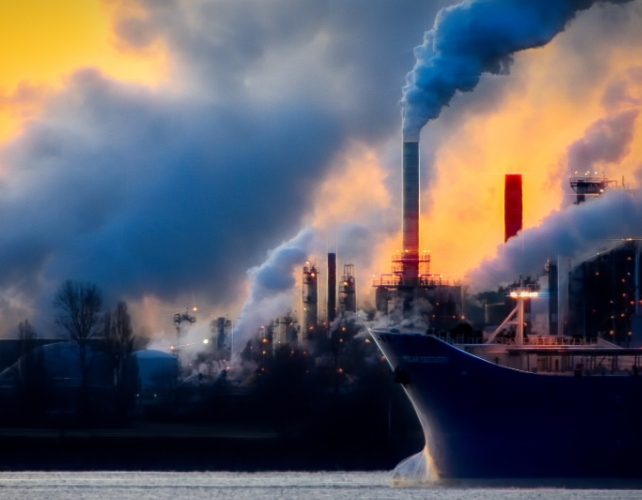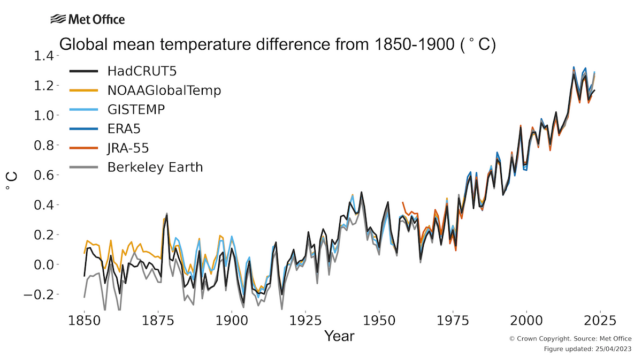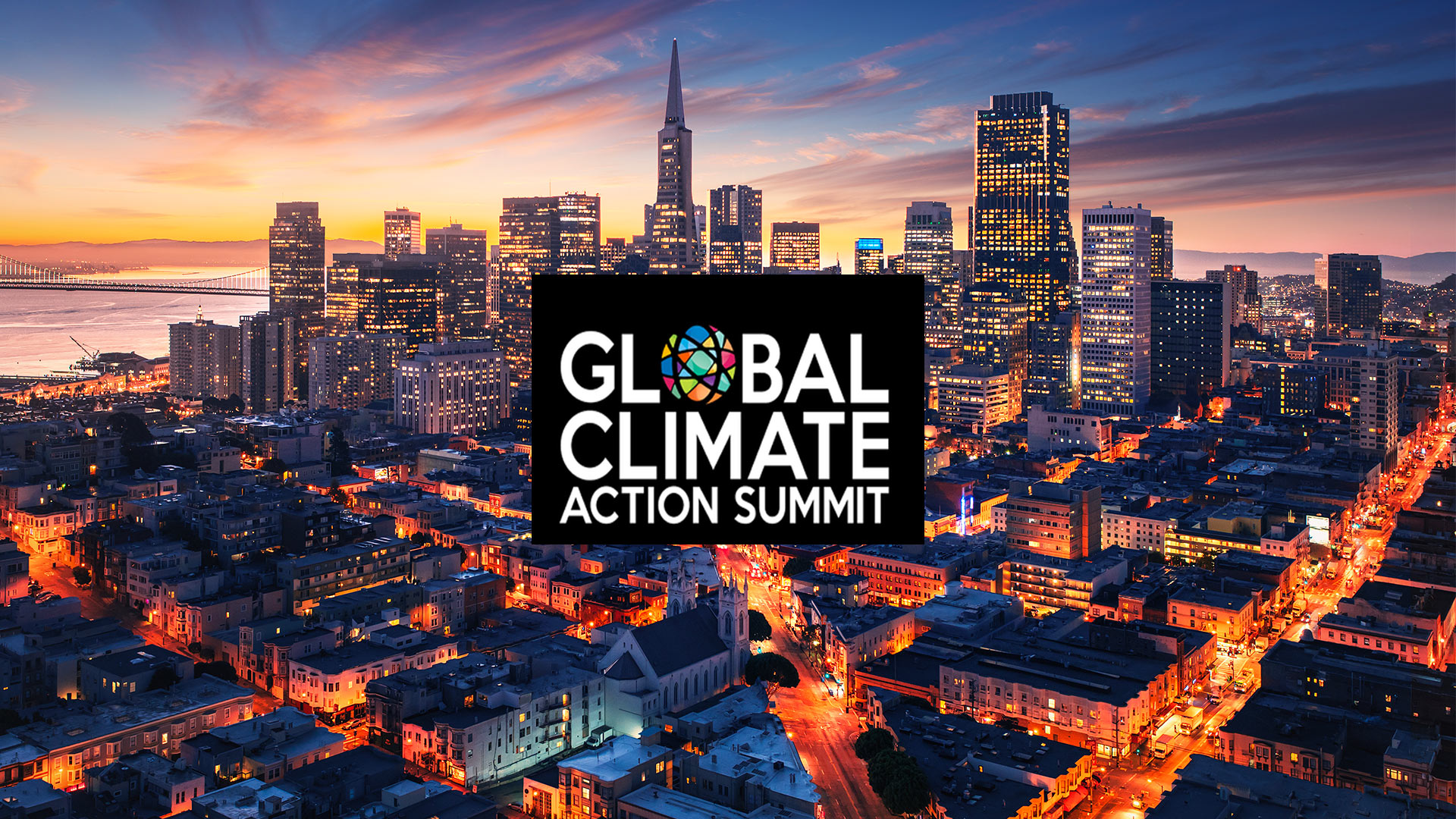
The United Nations warned on Wednesday that there is a 70 percent chance that average warming from 2025 to 2029 would exceed the 1.5 degrees Celsius international benchmark.

Earth has endured 12 months of temperatures 1.5C hotter than the pre-industrial era for the first time on record. That is a grave foretaste of the Paris climate deal's crucial 1.5C warming threshold.

One year in the next five will almost certainly be the hottest on record and there's a two-in-three chance a single year will cross the crucial 1.5 °C global warming threshold.

Costa Rica, Denmark, France, Greenland, Ireland, Sweden, Wales and Quebec are bravely taking the lead in a commitment to stop exploring for and producing oil and gas.

There is now a 40 % chance that global temperatures will temporarily reach 1.5 C above pre-industrial levels in the next five years - and these odds are rising, says the World Metrological Organization.

Within hours of becoming president, Joe Biden has moved to recommit the United States to the Paris Agreement — the internationally binding treaty to combat climate change.

The research has found that even if the world were to cut emissions in line with the Paris agreement, winter temperatures in the Arctic would rise above 3.5 degrees Celsius by 2050 and 5.9 degrees Celsius by 2080.

Even the UK and China—economies which are leading the way in terms of reducing carbon intensity—are not doing enough to meet the 2 degree target, the newest report says.

There is unprecedented global momentum to build a low-carbon, climate-secure future. However, greenhouse gases in the atmosphere are still accumulating at a rate that will soon take us well above the 1.5°C threshold.

During a two-day conference in Vatican City, Pope Francis took oil company executives to task and called for clean power as climate change continues to threaten people and the environment.

Global warming could be limited to 1.5°C by improvements in the energy efficiency of everyday activities, according to new research.

These gains would come primarily from avoiding rising health care costs, productivity losses, and declining agricultural output, according to the authors.

The ISA’s purpose is to raise funds in order to undertake the mass deployment of solar technology required to generate as much as 1TW (1,000GW) of electricity.

The UK is the first G7 country to commit to such an analysis, which could help bring its emissions in line with Paris agreement goals.

While China’s economy is becoming more efficient, the country hasn't yet actually reduced its total amount of emissions.